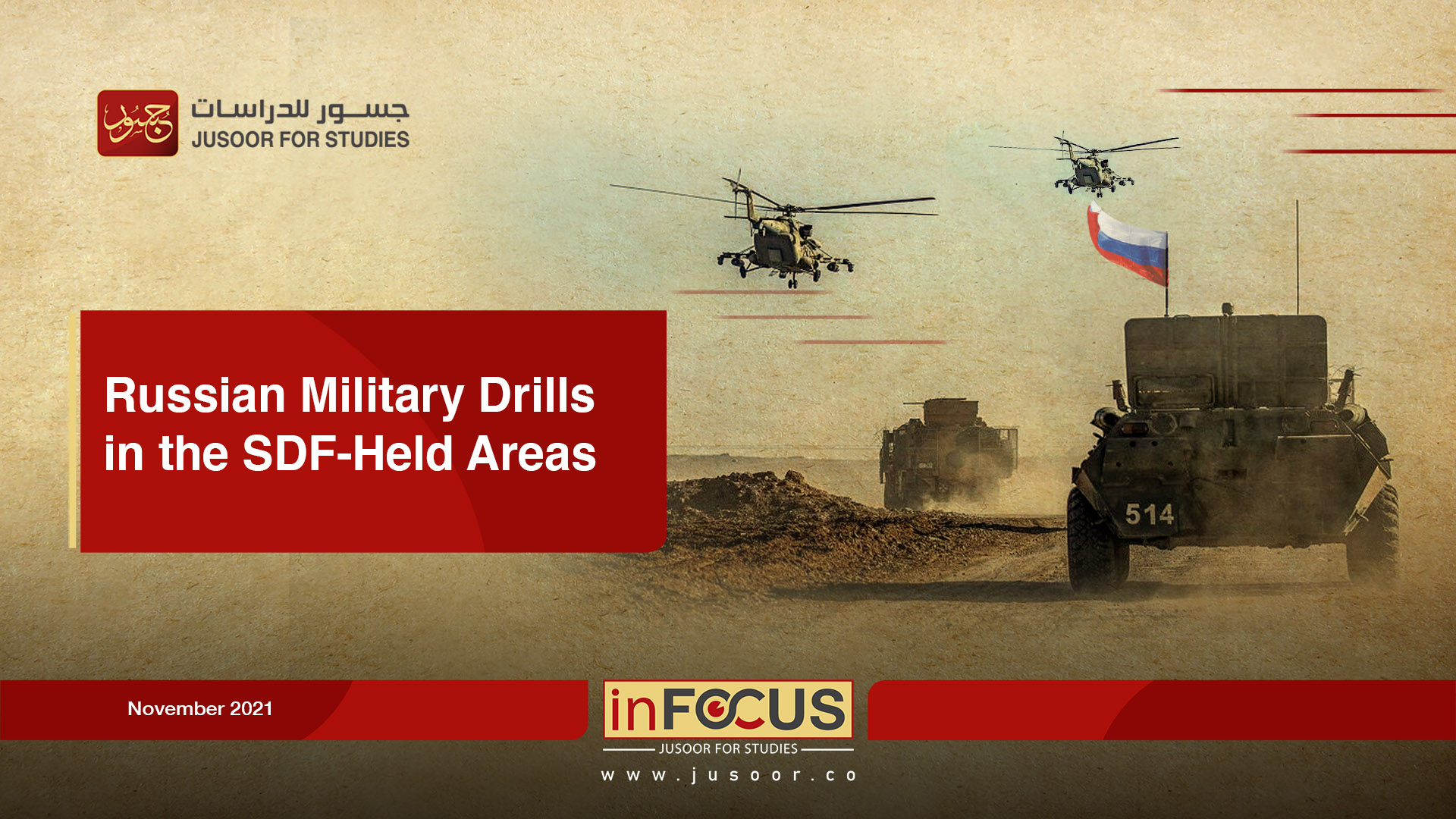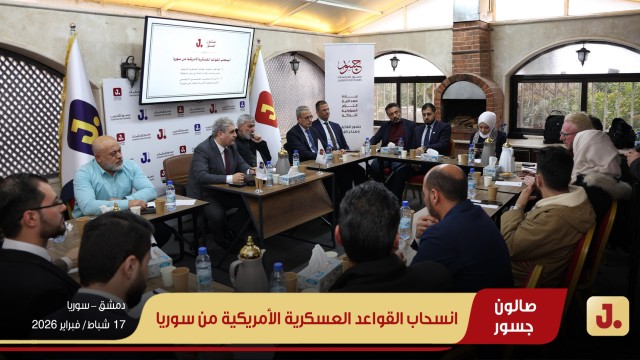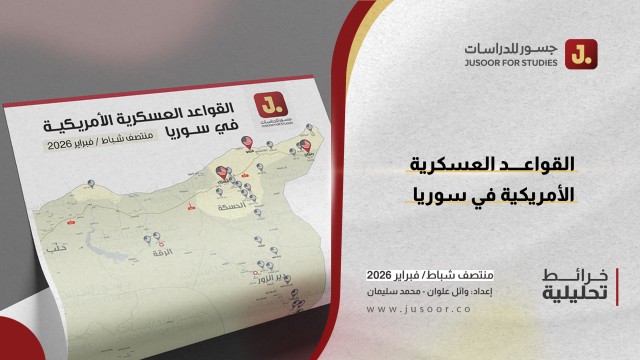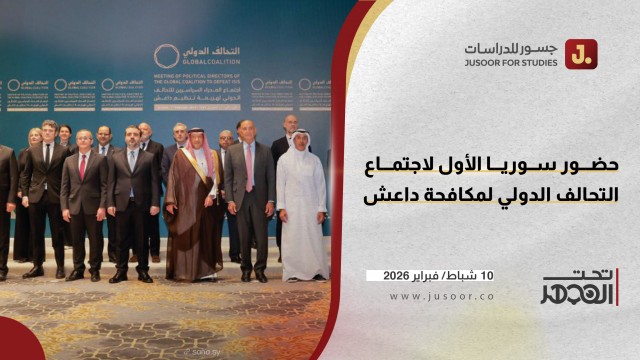Russian Military Drills in the SDF-Held Areas
حجم الخط
Russian Military Drills in the SDF-Held Areas
The Russian forces deployed in northeastern Syria have conducted, for consecutive days, maneuvers, and military exercises with live ammunition for the first time in the region. Russian helicopters in participation of pro-Syrian regime land forces participated in the exercises. On October 31, 2021, the first round of these maneuvers was conducted in the western countryside of Tal Tamr, which represents the eastern border of the Spring of Peace region, which is controlled by the Syrian opposition. On the following day, the second round of maneuvers was carried out in the western countryside of Tal Abyad, which forms the western border of the Spring of Peace region. Then the maneuvers continued for the third day in the vicinity of Ain Issa.
It is quite important to note that these military exercises came several days after the Russian forces controlling Qamishli Airport brought in a SU-35. It the first Russian warplane that landed at the airport, while its runways are currently being prepared to receive additional fighters.
In fact, the Russian military maneuvers coincide with the ongoing Turkish political movement and the threat of an imminent launch of a military operation targeting areas controlled by the Syrian Democratic Forces (SDF), at a time when Turkish talks with Russia and the United States are active on the region. Such talks seem likely to discuss the details of general Turkish-American-Russian understandings in which Turkey sees the need to complete securing the areas adjacent to its southern borders.
Military maneuvers are often used for training, but here are the most-likely messages that could be sent by Russia, according to the following:
- Russia might take advantage of the recent American retreat from supporting the SDF in confrontations not related to the fight against terrorism, as Russia presents itself as an alternative ally to the SDF capable of mediating between them and the Turkish side; to reduce the losses that the SDF fears from the potential military operations that Turkey threatens to launch against them. This, in turn, would make the Syrian regime score big gains within the SDF-held areas. also, the regime might get additional economic gains from the SDF-held areas to its own areas.
- The Russian assertion to the Turkish side of the necessity of military and security coordination as well as political arrangements in the ongoing difficult negotiations between the two sides, hence the joint Russian-Turkish patrol in Ain al-Arab in conjunction with these maneuvers.
- The Russian military exercises may serve the Russian-led process of controlling and limiting the increasing Iranian engagement in various regions. Such drills could also serve the Russian interests in northeastern Syria, as it is an additional guarantee Russia might use to attract the SDF. Also, by such a tactic, Russia may provide reassurances for regional and international actors.
In the end, the moves come at the level of local actors or the influence of external forces in Syria based on the general US-Russian-Turkish understandings, and they are certainly very worrying for Iran, which imposes its interests in a way that matches the size of its leverage it has in Syria and in the neighboring countries i.e.; (Iraq and Lebanon).
In addition, at the level of local actors, it is expected that the biggest beneficiary is the regime and then the opposition at the expense of the SDF and its self-rule administration, which is experiencing great pressures, which was manifested in the recent statements of the co-chair of the Democratic Union Party, Aldar Khalil, where he affirmed the Autonomous Administration’s readiness for direct dialogue without preconditions with the Syrian regime.








